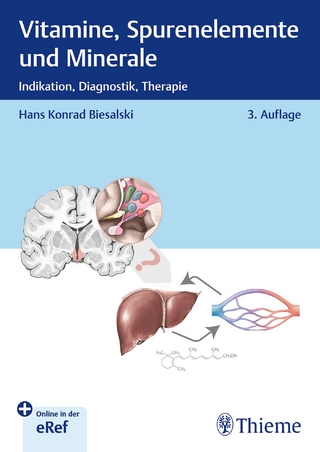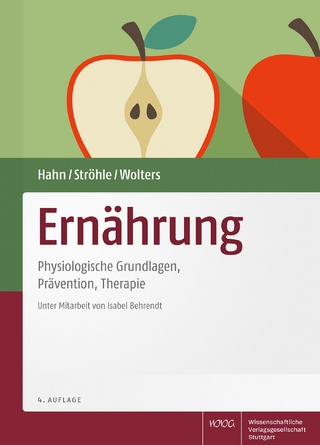
Parenteral Nutrition in Infancy and Childhood
Kluwer Academic/Plenum Publishers (Verlag)
978-0-306-39046-3 (ISBN)
- Titel ist leider vergriffen;
keine Neuauflage - Artikel merken
As different regions of the prain grow at different rates and human cerebellar and cerebral cell number increase for the first few months of life, newborn nutritional deficiency may compromise brain development. Dobbing (1973) has focused attention on the vulnerability of the brain to nutritional insult during the brain growth spurt which occurs around the time of birth. In the human, this period extends throughout the third trimester of pregnancy and into the second postnatal year.
The history of parenteral alimentation.- The regulation of energy intake by developing and adult animals.- Factors influencing amino acid utilization.- Amino Acid Requirements in childhood.- Intravenous carbohydrate tolerance in infancy.- Substrate supply and utilization in various conditions.- The utilization of xylitol, fructose and sorbitol.- Fatty acid oxidation during development.- Utilization and tolerance of intravenous fat emulsions.- Alcohol metabolism during development.- Fluid and electrolyte requirements and tolerance.- Trace elements and vitamins.- The rapid rehabilitation of severely undernourished children.- Technique of total parenteral nutrition in infants.- Postoperative parenteral feeding of neonates: Peripheral vein infusion technique, fat administration and metabolic studies.- Controlled parenteral nutrition of premature infants.- Total intravenous alimentation in low birth weight premature infants.- Intrauterine amino acid feeding of the fetus.- The role and effect of parenteral nutrition on the liver and its use in chronic inflammatory bowel disease in childhood.- Parenteral nutrition of renal disease.- Parenteral nutrition in critical illness.- Parenteral Nutrition in Children with Burns.- Experience in the Shriners Burns Institute in Cincinnati.- Experience in the Shriners Burns Institute in Boston.- Experience with central venous catheters.- Metabolic complications of total parenteral nutrition.- Infection in association with intravenous feeding.- Contributors.- Author Index.
| Reihe/Serie | Advances in Experimental Medicine and Biology |
|---|---|
| Zusatzinfo | biography |
| Sprache | englisch |
| Maße | 170 x 250 mm |
| Themenwelt | Sachbuch/Ratgeber ► Gesundheit / Leben / Psychologie |
| Medizin / Pharmazie ► Gesundheitsfachberufe ► Diätassistenz / Ernährungsberatung | |
| Naturwissenschaften ► Biologie ► Biochemie | |
| ISBN-10 | 0-306-39046-9 / 0306390469 |
| ISBN-13 | 978-0-306-39046-3 / 9780306390463 |
| Zustand | Neuware |
| Haben Sie eine Frage zum Produkt? |
aus dem Bereich


